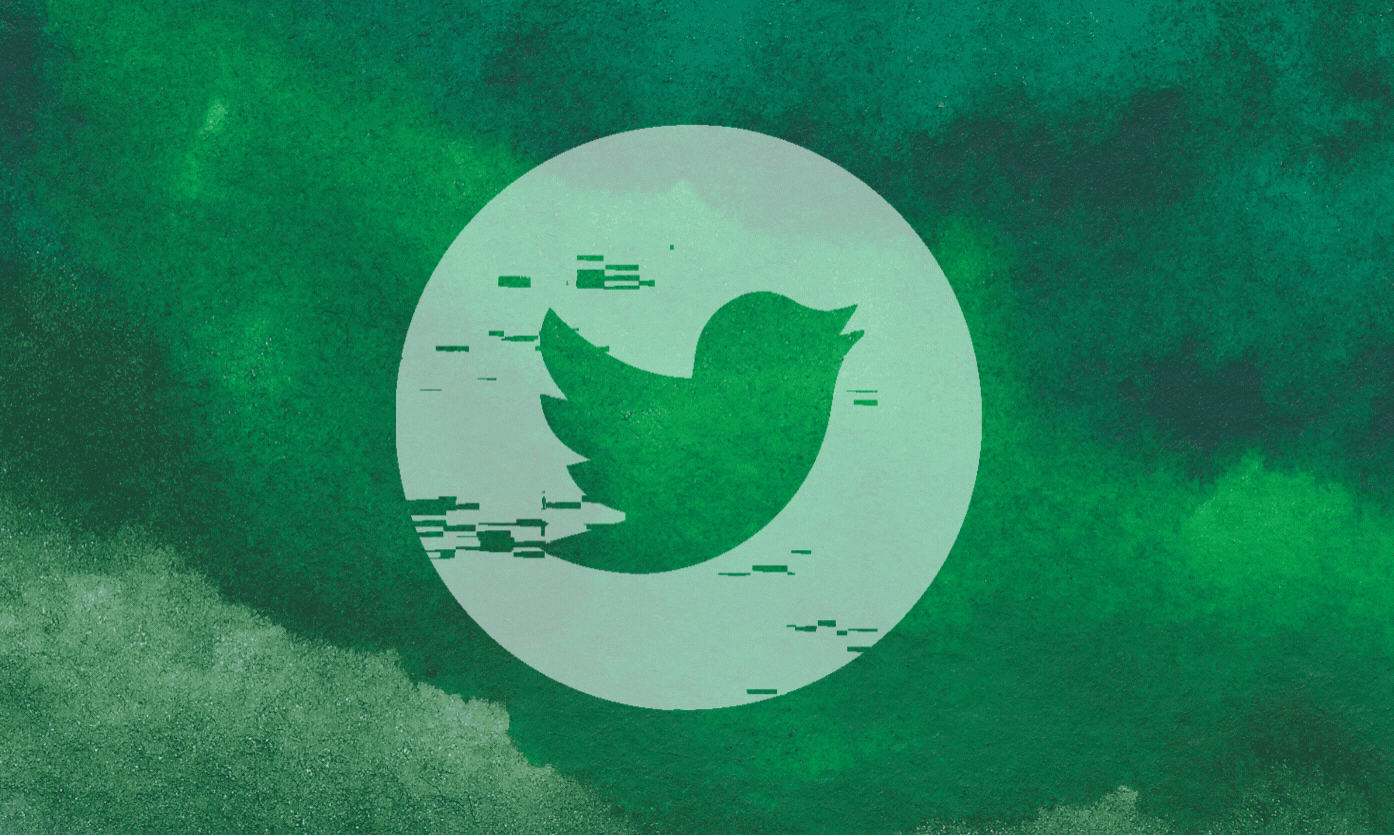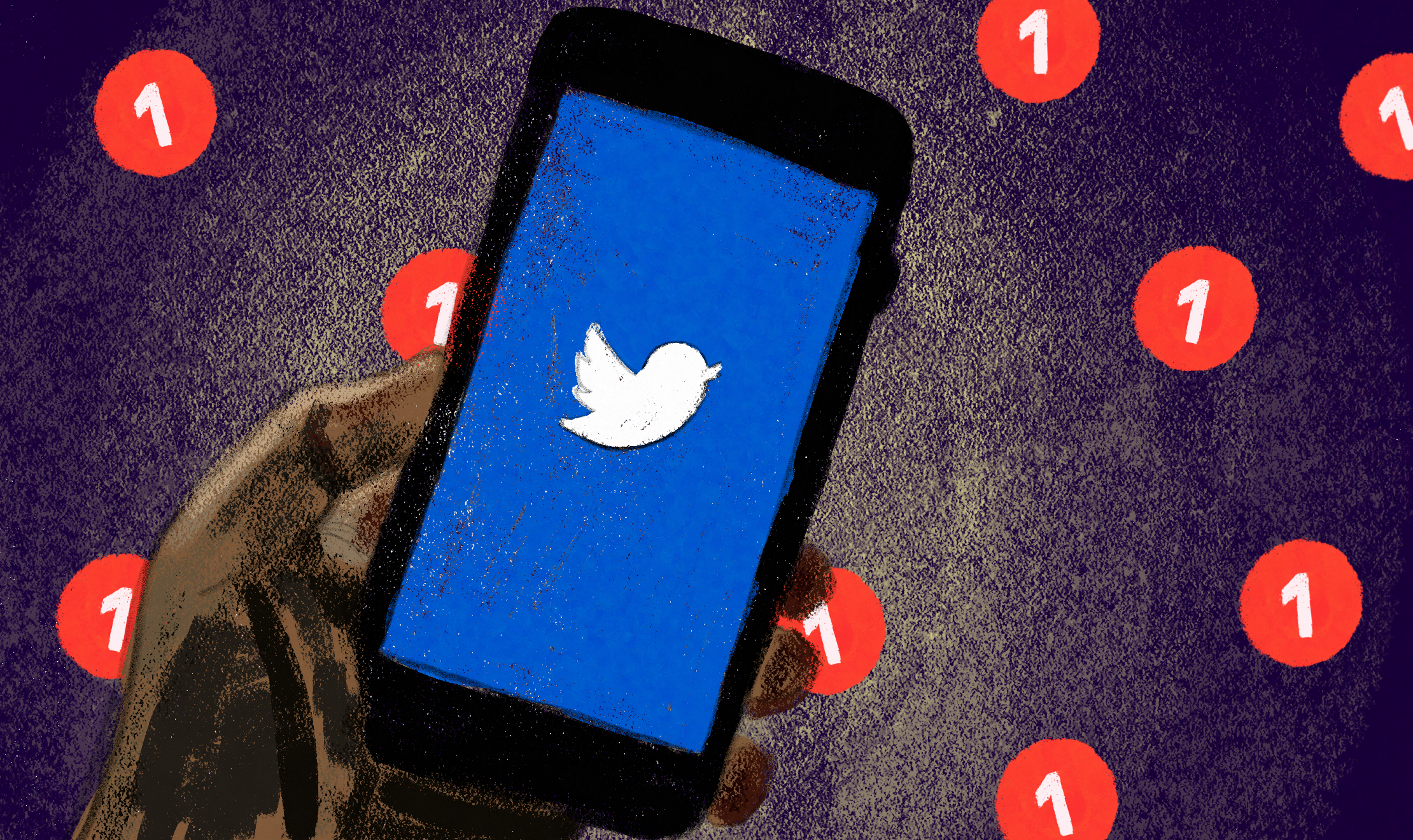Social media thrives on shame – but how should we handle an offensive past coming to light?
We need to give people a chance to change without diminishing the hurt caused to marginalised communities.
Stephanie Soh
10 Jun 2021

Canva
From Stormzy to Chrissy Teigen to Maya Jama and many, many more, the cycle of old tweets resurfacing is now well-worn. An offensive social media post will be unearthed from some dark crack in the Internet, and the outrage will begin. There will be, usually rightly, condemnations of the content of the posts, alongside reevaluations about the character of the person who produced them in the first place. Some will go further and call for jobs to be lost and relationships to be cut. An apology will be issued – sometimes sincerely, sometimes not – and consequences may be meted out – sometimes fitting, sometimes not.
This week, 27-year-old cricket player Ollie Robinson was the latest public figure to have historic tweets come back to haunt him, quickly followed by other players on the England squad. I’d never heard of Ollie until it happened – in fact, I don’t think I could even name you five cricket players off the top of my head. What I do know about him now, though, is what he thought was acceptable to post online, as a 17-year-old – using the n-word and making offensive jokes about Muslims, Asians and women.
The cycle of public shame over historic social media posts, by people who were often young at the time, shows no signs of stopping. But is this form of ‘accountability’ one we should always pursue in such cases? We exist at a time when there has never been more fervent urgings on individuals to ‘educate’ themselves on discrimination and prejudice, to ‘unlearn’ harmful beliefs. And yet, we don’t often afford people who have been found to have posted offensive historic messages the time and space to show us whether they have actually done the reading.
“We deny each other the space to change and grow over time”
It seems… counterproductive. In doing so, we deny each other the space to change and grow over time, which is not only indicative of the lack of empathy we have towards one another but goes against the nature of progressive political movements that need to be built on solidarity and personal growth.
Of course, people are entitled to feel hurt by past comments, especially if they reinforce the same oppressions they might face on a daily basis. But discriminatory social media posts don’t just pop out of nowhere. Individuals don’t go around thinking and saying harmful, and often violent, things in a vacuum – they are influenced by the multiple oppressive systems that have shaped us all to a degree.
Growing up, I remember the near-universal use of the word ‘chav’, the ‘edgelord’ humour of the early Internet and widespread slut-shaming. “Frape” was a key part of the teenage lexicon in the late 2000s. It’s a culture that most people I know – and I include myself in this – weren’t immune to. For young people coming of age now, it would be unimaginable that some of the biggest accounts on the likes of Twitter (in 2012, brand-new technology) were ‘parodies’ of soap opera characters who found their fame by making endless offensive jokes to just about every marginalised group you can think of. On a societal level, we still have a long way to go, but it does feel like there has been some progress in the way we behave online.
“No one is the same person at 27 as they were at 17, and it’s unrealistic to have the same expectations of teenagers as fully-formed adults”
And let’s not forget that progress happens on an individual level too. One reason why some of us might barely recognise our social posts from late childhood or early adulthood is because we have grown in emotional maturity and brain function; no one is the same person at 27 as they were at 17, and it’s unrealistic to have the same expectations of teenagers as fully-formed adults. Unfortunately, social media has the effect of flattening time and presenting posts from a decade ago in the same starkness as those from the present day, which makes it psychologically harder to differentiate between the two. This presents an obvious problem for any of us who grew up on the Internet and used it as an open diary, to talk to friends on public settings and for uploading every single photo from nights out.
What I’m definitely not suggesting is that we free people who say “B-b-b-but society made me do it!” from any accountability. We don’t live in the world of the Joker movie (thankfully). When it comes to real-life consequences, the boring truth is that each case needs to be judged on an individual basis, depending on what was said, the context and who the person is today (realistically though, decisions are usually made with commercial or brand interests in mind). People obviously need to apologise for their behaviour and demonstrate their commitment to change. They have a duty to make sure they understand why what they posted was hurtful and how it might perpetuate oppressive power structures.
“Often, raging at individuals for long-past mistakes seems like misplaced energy”
Because one reason why there is such a visceral ‘gotcha’ response to these posts, is down to the continued dismissal of marginalised communities who want justice for the discrimination they face. Whether it’s Black people speaking out about police brutality, women who have suffered sexual assault being let down by the criminal justice system or trans people who are harassed not only in the street but in supposedly professional spaces, the problems marginalised communities face remain unaddressed. So when a trial-by-social-media does happen after old offensive posts surface, it can be a chance to see justice very publicly served, as well as prove that the discrimination you say you face, really does exist – because it’s right there to see, in a tweet.
But often, raging at individuals for long-past mistakes seems like misplaced energy. What we need to challenge are the people and institutions who continue to discriminate today, and who show no signs of changing. As for Ollie Robinson, the jury is still out. He was, as it happens, sacked in 2014 from Yorkshire County Cricket Club for a “number of unprofessional actions” which are unknown publicly and coincide with a period for which the club is now being investigated, over allegations of institutional racism. If serious problems are found, then it’s only right that Ollie and Yorkshire CCC should be held accountable for them. In fact, tackling the systemic problems would not only help prevent the attitudes that manifest themselves as offensive posts, but move us away from a culture where we are so justice-starved that we demand to see heads roll. It’s no small task, I know.









